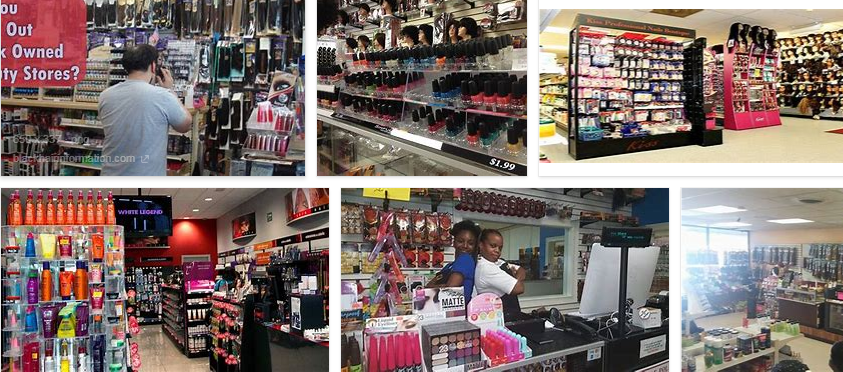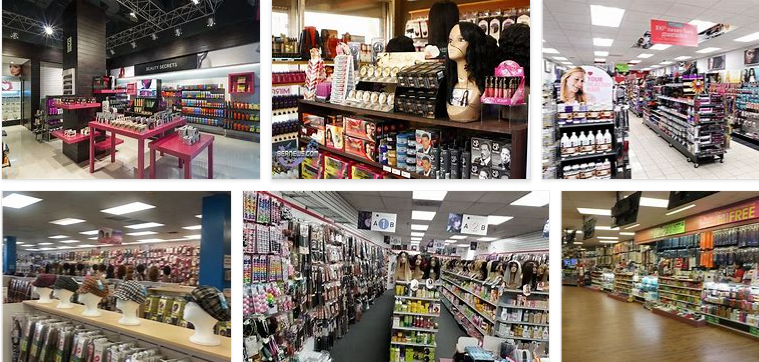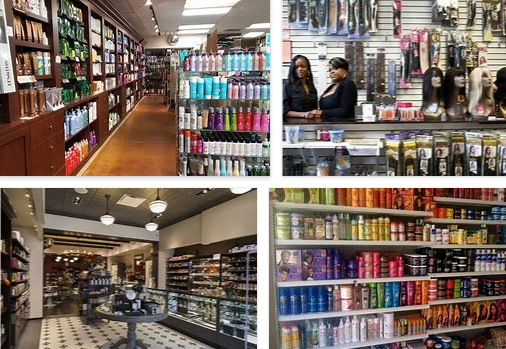Beauty supply stores are feeling the pressure from the marketplace as health and beauty care companies scramble to find alternative sources for their products. The market is consolidating. Some of the biggest names in the industry such as Bath & Body Works, ounters, Sephora, and Melrose Avenue Market are all working together to create an “All-In” brand offering. These brands bring more and varied cosmetics to the table. Some offer specialty items like scented candles, bath and body supplies, and even personal care items such as shampoos and conditioners.
Health and beauty supply stores industry revenue is forecasted to increase slowly at a modest annual rate of approximately 0.8%, according to the Culin Industry Report, published by the Markets and Marketing Research Institute. However, the slowdown might not be that surprising, especially after the recent economic news involving many large corporations and their devastating decision to close their remaining cosmetic and beauty supply stores. While health and beauty supply stores saw an average of an eight percent decrease in profit during the past year, industry analysts have predicted that this figure is expected to rise in the current quarter. Furthermore, in December 2021 the largest company in the industry, Cosmetics Express, filed for bankruptcy protection. In its wake, four other companies including Ultraviolet Products and Bio-Claire, Inc. filed for similar protection.
For the individual retailer, it’s hard to keep up with the changing trends. However, savvy consumers know that when the major companies make a change, smaller specialty retailers have to pick up the new fad very quickly. Take the example of Ibisworld, one of the largest provider of skin care and wellness products in the country. After closing its two U.S. stores and ceasing sales of its health and beauty supplies, Ibisworld suddenly began selling its own line of skin care products and nutritional supplements at discount prices in response to the consumer demand. Although its reduction in store presence was expected, the sudden move by the national behemoth has caused a unique set of problems for small specialty retailers across the country.

According to the report from the Markets and Marketing Research Institute, Ibisworld saw a decrease in business revenues between December 2021. The five-year period was quite busy for the market leader, contributing to a considerable six percent annual increase in yearly revenues. The competition from small specialty retailers saw a steep drop in yearly earnings. The average cost of selling a beauty supply item dropped four percent, but the average sale revenue decreased six percent, according to the M Retirement group. As the recession continues to drag on and affects retail sales, these losses will only grow larger. While the overall beauty supply industry saw a significant decline, specialty retailers saw a dramatic increase in profits during the recession.
According to them Retirement group, the number of new beauty supply stores started during the late 1990s and early 2000s was directly correlated with the number of new salons opening. Most of these salons were established by retired beauty professionals who desired a new career and an opportunity to make a profit. With the downturn in the job market, many of these professional beauty professionals saw their business as a lost cause. They decided to reinvent themselves by starting small, then later on branching out into local beauty supply stores, then eventually opening up their own professional salon.
However, even with the economic downturn, these specialized retailers gained ground by expanding their client base outside of their home state and establishing international customer bases. According to them Retirement Group, many of these specialized retailers began to provide services not directly related to hair, beauty or nail care products. These services included spa services and beauty consultation. These services, coupled with the increased competition within the specialty retail industry, has helped small independent salons maintain their foothold in the local beauty supply stores industry.
An Introduction to the ibisworld Concept
Beauty supply stores can benefit from joint ventures with local Beauty Schools. In turn, such stores could hire Student Stylists and possibly recruit Local Beauty Schools to work in their store. Such beauty supply stores could also keep an extensive directory of local salons within the neighborhood, so customers now have a resource person to call upon when it comes to buying necessary beauty supplies. Such stores could also offer specialty products from local designers, which would entice local customers.

The latest trends within the beauty supply stores industry is the development of the concept of industry in a niche fashion. Under this concept, small boutiques sell exclusively to a specialized market segment which may consist of either a younger or older crowd. This kind of business model can be beneficial since it caters for a specific population group, which in turn may be profitable in its own right. It also provides an outlet for smaller manufacturers who wish to secure the distribution of their products in a localized fashion.
For instance, an Independent Beauty supply store situated in the trendy South End of a busy high-end shopping center could cater to the needs of both young and old, depending on how they wish to accessorize their appearance. If the young customer wanted hip jewelry, they could get that as well, while if they were seeking something more traditional, they could purchase cosmetics and nail accessories. Alternatively, the ibisworld concept could cater to a very specific group of people who may want to have a little bit of everything, including all the necessities of daily life. It does not matter whether the customer is looking for the newest hot trends or is simply in need of basic necessities like hair care or make-up, ibisworld could have it. This makes it one of the few places where a customer can actually find something “new” every day!





